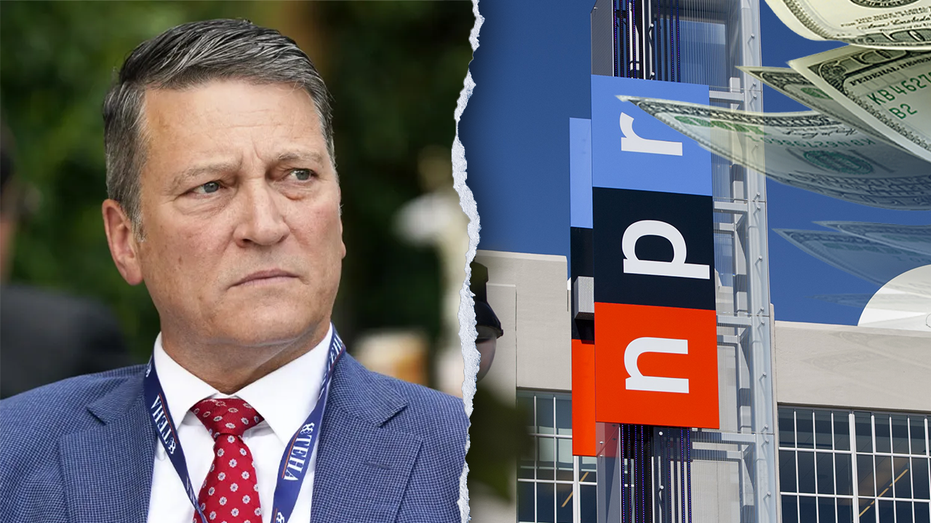House Republican Claims Defunding NPR and PBS 'Finally' Within Reach
Texas Rep. Ronny Jackson hails Trump’s DOGE package as a move to defund NPR and PBS, calling them “fake news.”

Rep. Ronny Jackson, Republican of Texas, is praising President Donald Trump's decision to send a sweeping $9.4 billion federal spending cuts package to Congress—one that aims to “finally” defund both NPR and PBS. Jackson has been outspoken in his belief that these public media outlets have become, in his words, “nothing more than fake news,” and criticizes them as taxpayer-funded propaganda for the political left.
The proposed spending cuts, formally called a “rescissions” package, are expected to include significant reductions in federal funding to NPR, PBS, and the U.S. Agency for International Development. An official from the Office of Management and Budget said the proposal is part of a broader push by the administration and the Department of Government Efficiency to fulfill campaign promises of curtailing government expenditures. Once Congress receives the package, lawmakers will have just 45 days to act on it before it becomes void.
The House Freedom Caucus—a group of conservative lawmakers—has voiced strong support for the measure and is demanding that the House take an immediate vote once it arrives on Capitol Hill. Rep. Jackson has long championed efforts to eliminate federal funding for NPR and PBS, introducing similar bills every term since his election. He hailed the rescissions package as “fully in line” with his initiative to defund what he describes as “chronically biased” media institutions.
Jackson expressed enthusiasm, saying he is “excited” to finally see legislation that will “cut off their funding.” He asserted that under President Trump’s leadership, Congress will halt what he characterizes as “the outrageous practice of forcing hardworking Americans to pay for left-wing attacks on our values, our children, and our president.”
The renewed momentum to cut federal support for NPR and PBS comes after a tense House Subcommittee hearing in March. During the hearing, NPR chief Katherine Maher admitted the organization made mistakes regarding its coverage of Hunter Biden’s laptop story, acknowledging, “We were mistaken in failing to cover the Hunter Biden laptop story more aggressively and sooner.” She also addressed previous remarks she made about President Trump, expressing regret for calling him “a fascist and a deranged racist sociopath.” Meanwhile, PBS faced sharp criticism for programs such as “Real Boy,” which features a transgender protagonist navigating issues of identity and sexuality.
Following these testimonies, Rep. Marjorie Taylor Greene of Georgia declared the organizations to be “out of touch with everyday Americans” and predicted that taxpayers would no longer tolerate funding what she deems propaganda. Greene stated, “I think from what we have heard here today, the American people will not continue to allow such propaganda to be funded through the federal government with their hard-earned tax dollars.”
This latest move underscores the Trump administration's broader ambition to reshape the federal portfolio and reduce funds to agencies and programs that have been the focus of conservative criticism. As Congress prepares to receive the rescissions package, the future of federal support for America’s public broadcasting institutions remains uncertain, intensifying the national debate over the role and reach of taxpayer-funded media.




